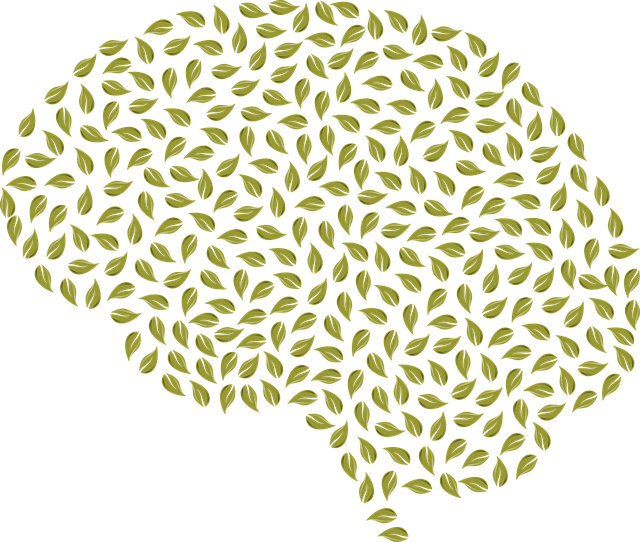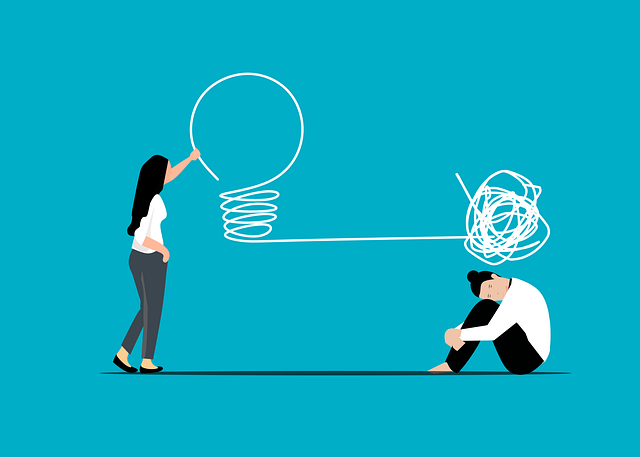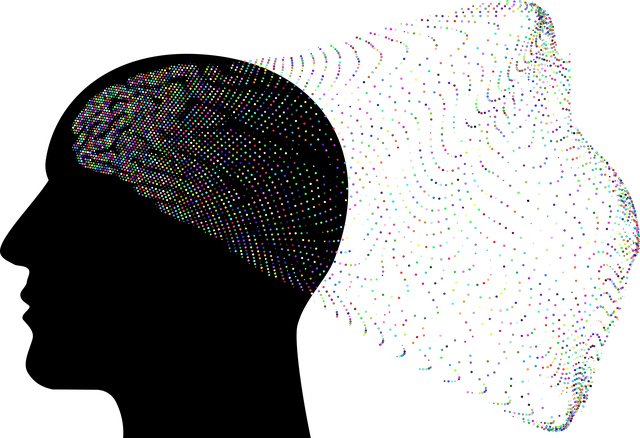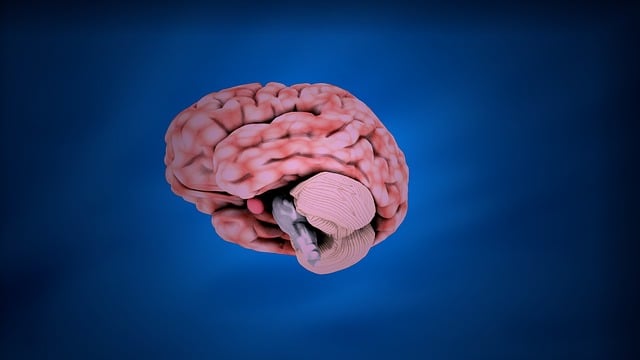Lone Tree Panic Disorder and Anxiety Attacks are characterized by recurring, unexpected episodes of intense fear and discomfort, managed effectively through therapy like Cognitive Behavioral Therapy (CBT). CBT challenges negative thoughts and changes unhelpful behaviors, empowering individuals to control their reactions. Mindfulness and meditation practices, coupled with self-care strategies like regular physical activity and journaling, reduce panic episode frequency and intensity. Crisis intervention guidance provides acute anxiety management strategies, fostering holistic mental wellness for long-term relief from Lone Tree Panic Disorder and Anxiety Attacks.
Stress reduction is a vital aspect of maintaining mental and physical health, especially for those dealing with conditions like Lone Tree Panic Disorder and Anxiety Attacks. This comprehensive guide explores effective methods to combat stress and alleviate symptoms. We delve into Cognitive Behavioral Therapy (CBT), a powerful tool known for its success in treating anxiety disorders, as well as mindfulness practices, lifestyle changes, and self-care strategies. By combining these approaches, individuals can navigate stress, find calm, and improve their overall wellness.
- Understanding Lone Tree Panic Disorder and Anxiety Attacks
- Cognitive Behavioral Therapy (CBT): A Powerful Tool for Stress Reduction
- Mindfulness and Meditation Techniques to Calm Your Mind
- Lifestyle Changes and Self-Care Strategies for Long-Term Wellness
Understanding Lone Tree Panic Disorder and Anxiety Attacks

Lone Tree Panic Disorder and Anxiety Attacks are distinct conditions that share similar symptoms, both rooted in intense fear and discomfort. These episodes can feel overwhelming, manifesting as rapid heartbeat, sweating, dizziness, and a desperate sense of dread. While panic attacks may be isolated incidents for some, Lone Tree Panic Disorder involves recurrent and unexpected attacks, often leading to persistent concern about future episodes.
Understanding these conditions requires grasping the underlying triggers and brain responses. Therapy plays a pivotal role in managing both. Techniques like cognitive-behavioral therapy (CBT) teach individuals to challenge negative thoughts and change unhelpful behaviors. By employing Mind Over Matter principles, CBT empowers people to gain control over their reactions during anxiety attacks. Additionally, Self-Care Routine Development for Better Mental Health is crucial. Engaging in regular physical activity, practicing relaxation techniques, and cultivating supportive relationships can all contribute to reducing the frequency and intensity of panic episodes. Crisis Intervention Guidance is also vital, offering strategies to manage acute anxiety and providing a safety net during challenging times.
Cognitive Behavioral Therapy (CBT): A Powerful Tool for Stress Reduction

Cognitive Behavioral Therapy (CBT) is a highly effective method for managing and reducing stress, especially in individuals dealing with Lone Tree Panic Disorder and Anxiety Attacks. This form of therapy focuses on identifying and changing negative thought patterns that contribute to stress and anxiety. By understanding how our minds interpret and react to situations, CBT empowers individuals to challenge distorted thoughts and replace them with more realistic and positive perspectives.
The core principles of CBT align with the concept of ‘Mind Over Matter’, teaching people to control their emotions and behaviors rather than being controlled by stressors. Through structured sessions, clients learn valuable coping strategies and problem-solving skills. This evidence-based approach has proven successful in various settings, including Stress Management Workshops organized by concerned organizations, aiming to enhance mental wellness among participants.
Mindfulness and Meditation Techniques to Calm Your Mind

Mindfulness and meditation are powerful tools to calm your mind and reduce stress levels. These techniques have been proven effective in managing Lone Tree Panic Disorder and Anxiety Attacks, allowing individuals to gain control over their emotional responses. By focusing on the present moment, mindfulness helps clear the mind of racing thoughts and worries, fostering a sense of peace and tranquility.
Meditation practices, such as deep breathing exercises and guided imagery, facilitate emotional healing processes and enhance mental wellness. Regular engagement in these activities supports emotional regulation by teaching individuals to recognize and manage their feelings effectively. This, in turn, can lead to improved overall mental health and better coping mechanisms for stress-related conditions.
Lifestyle Changes and Self-Care Strategies for Long-Term Wellness

In the pursuit of long-term wellness, lifestyle changes and self-care strategies are pivotal for managing conditions like Lone Tree Panic Disorder and Anxiety Attacks. Therapy, coupled with consistent practice, empowers individuals to take control of their mental health. Incorporating Mental Wellness Journaling as a daily habit allows one to introspect, track mood shifts, and identify triggers. This simple yet effective exercise provides valuable guidance on what works best for each individual.
Empathy Building Strategies play a crucial role in enhancing emotional resilience. Engaging in regular physical Exercise, for instance, not only improves overall health but also acts as a natural Mood Management tool. By fostering a sense of accomplishment and releasing endorphins, these strategies help to alleviate stress and promote a state of calm. Ultimately, adopting a holistic approach that intertwines self-reflection, movement, and connection can lead to sustained mental wellness.
In addressing Lone Tree Panic Disorder and Anxiety Attacks, a holistic approach combining therapy like Cognitive Behavioral Therapy (CBT), mindfulness practices, and lifestyle adjustments proves effective for stress reduction. These methods empower individuals to manage symptoms, fostering long-term mental wellness. By integrating techniques from each category into daily routines, folks can navigate life’s challenges with enhanced resilience and a calmer mind.














